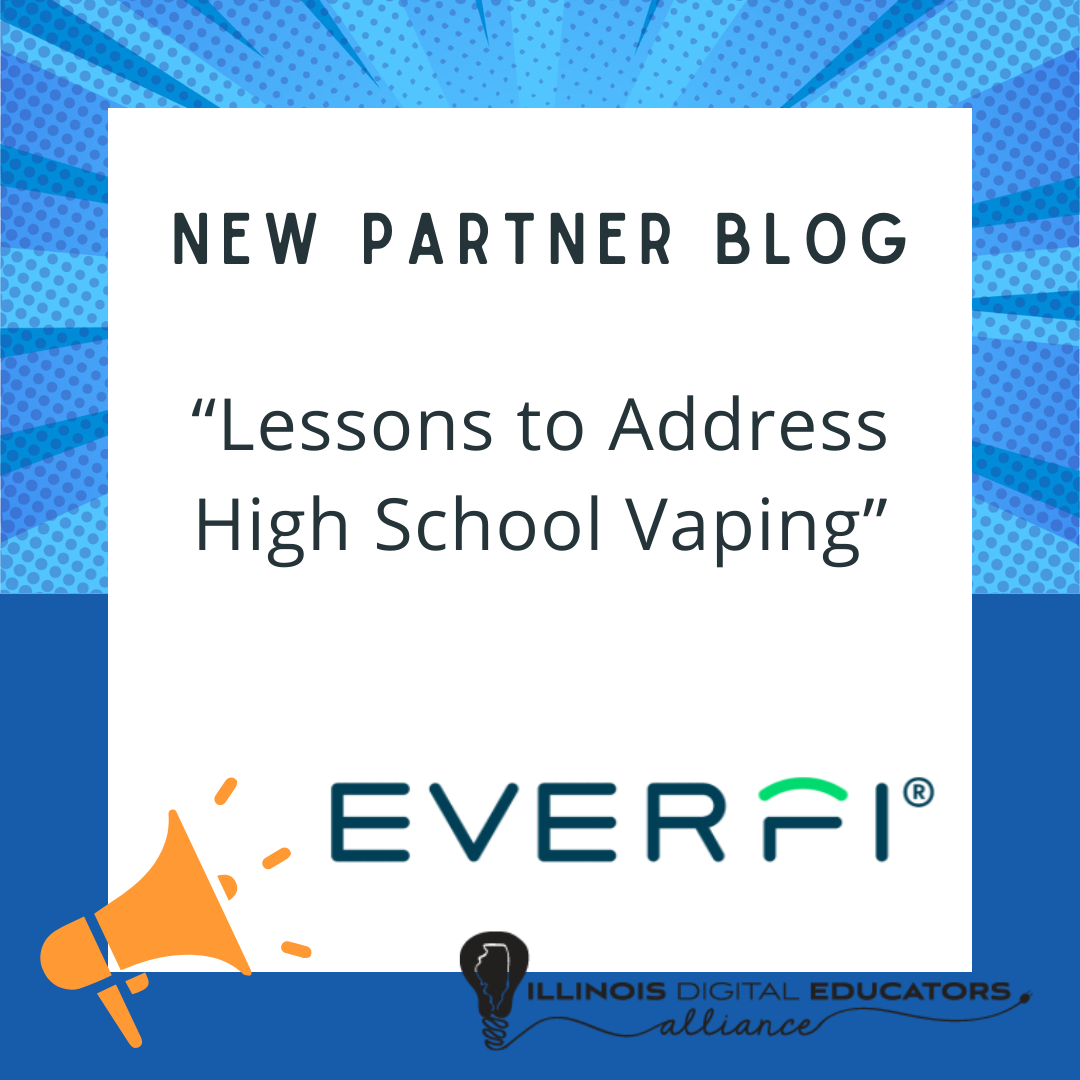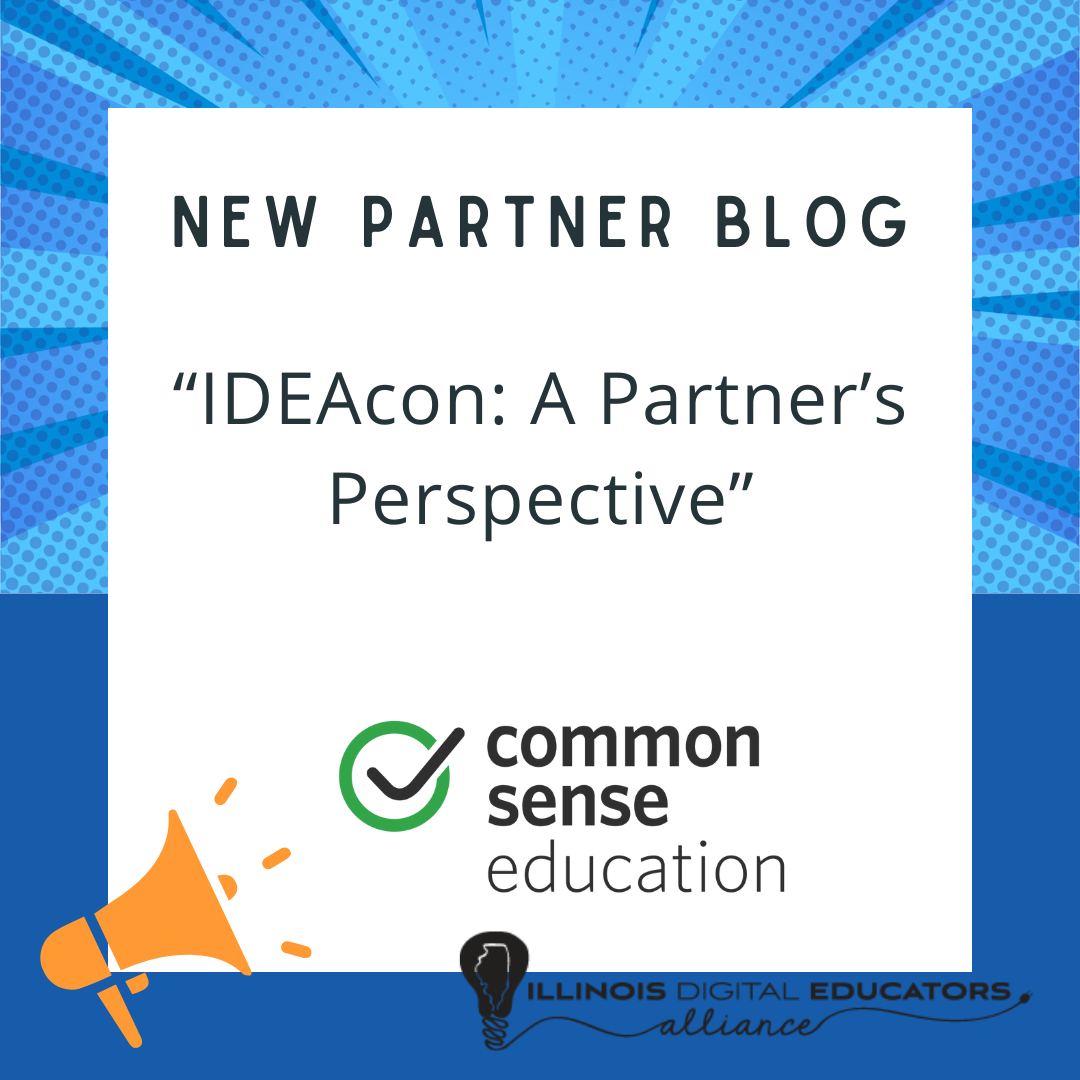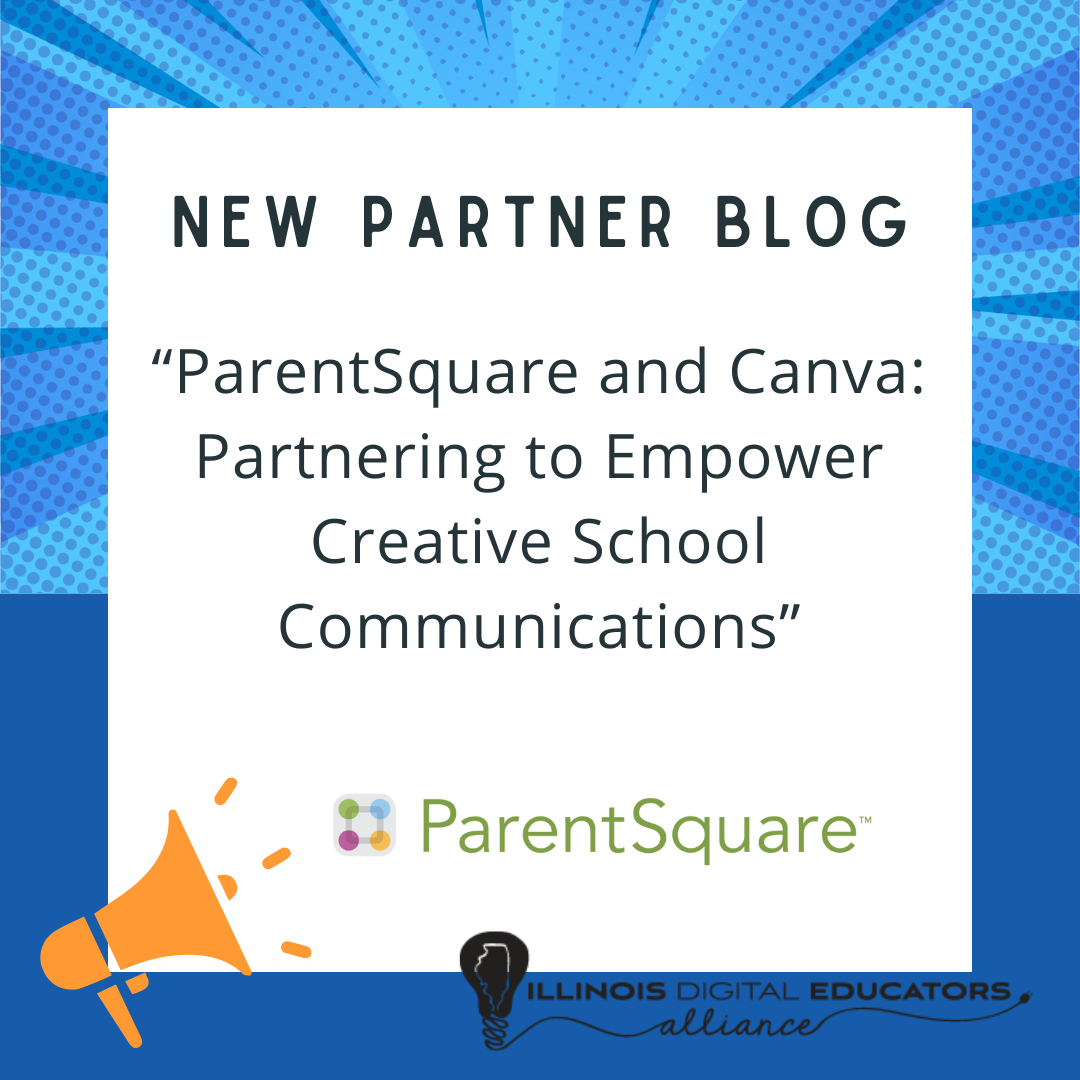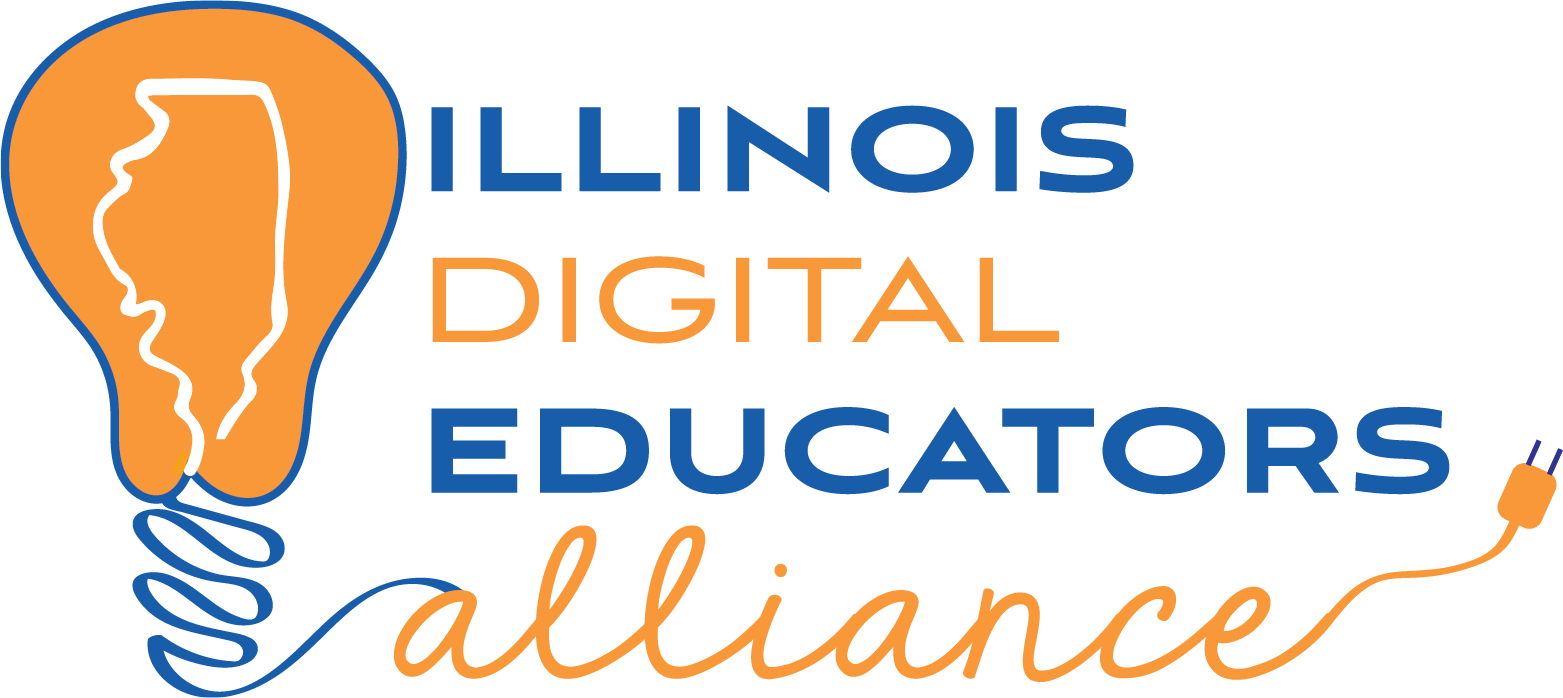A New Way Forward
What if social and emotional learning had never become capital-S SEL?
Students need social and emotional skills for school and daily life. Especially today, where technology can manipulate our emotions and erode our social skills unlike ever before. None of this should be controversial.
Yet somehow, strict lines have been drawn around what has now become known as SEL, and these tensions are preventing us from addressing present and future challenges in education.
What if there was a new way forward through the divide? One that integrates social and emotional development as part of academic learning. One that softens the lines and finds common ground between sides.
We think a new way forward is possible by making reflection a part of every learning activity, for every student, every day. We can explain this best by first explaining the reflective technology we’ve built to enable it.
A classroom built around Reflective Technology
Mirror is Swivl’s newest software / hardware classroom solution, which automates reflection, embeds it into daily classroom routines, and enables more and new social learning experiences.
In a fully-outfitted classroom, with 3-4 Mirror devices in a few corners of the room, and students using Mirrortalk.Ai software on Chromebooks or other devices, everyone can reflect at once, or even several times a day.
From reflections, Mirror generates feedback for teachers on how students think about their learning, and tracks the transformations students are experiencing. Teachers can use this as feedback to tailor their whole class and individual instruction. Student-friendly feedback is also generated instantaneously after each reflection, helping students build reflective skills, and gain motivation for learning.
Mirror also generates rich social and emotional insights, which can be routed to SEL coordinators or counselors, providing a real-time feed into the well-being of students throughout the building.
This new classroom technology setup has the chance to address so many of today’s challenges with SEL programs.
Focus on academics
What if students built social and emotional skills during regular classroom learning? What if teachers got social-emotional insights as part of this process? Mirror makes this possible.
We believe isolating social-emotional learning may be less effective and less efficient than the new way forward we propose. Even the best SEL activities can feel like mere icebreakers because they are invented scenarios, not real situations that call for social and emotional skills. It’s no wonder that many see this contrived approach taking up precious class time that could be spent elsewhere.
Building classrooms around reflection provides a new way for students to develop social and emotional skills within the context of real learning. Making reflection part of every individual and group activity means that students are constantly evaluating how their social and emotional experiences play a role in their learning. They are constantly getting feedback on how to tune their response to situations to better develop their reflective and broader academic skills. Because this approach also means more instructional time for teachers and better data for the whole school, it seems like the optimal path forward.
Most importantly, we believe integrating social and emotional skill building and academic learning can lead to better results in both areas. Emotions
play a crucial role in learning and memory. Reflection can help students to identify and eventually regulate their emotions, enabling them to work through more challenging learning experiences and ultimately achieve better outcomes.
Generate authentic data
There are over 66 million search results for “SEL daily check-in,” pointing to the popularity of directly asking students about their emotional states as part of a classroom routine. But measuring students' wellbeing directly has the potential to become unreliable. Students can easily manipulate their answers to surveys or questionnaires based on the response they do or do not want from adults.
Instead, what if educators could get ongoing, accurate data about students’ emotional wellbeing as students went about their regular classroom activities? By evaluating the way students think and talk about their learning experiences, we can now get a more authentic look at students’ actual mindsets and sentiments.
Mirror generates longitudinal insights on unique yet useful metrics like:
- Vibe: A score that gauges sentiment of students for teachers, and provides feedback to students on the most constructive tones for their reflections.
- Zone: A score based on Zone of Proximal Development (ZPD) that measures optimal stress levels and provides feedback to students and teachers on increasing or decreasing the learning challenge.
- Order of Mind: Leveraging Piaget’s Stages, and Kegan’s Constructive Development Theories, we report on what order of mind is being exhibited as a source of whether the way students are thinking about their work is developmentally appropriate.
Gathering insights this way has two major benefits. First, students develop their reflective skills, i.e. they improve their ability to narrate experiences, articulate feelings, and generate realizations about their learning.These are essential skills to making each lesson an object lesson.
Additionally, there’s less room for manipulation of responses when the assessment happens not through direct questioning, but by analyzing the language related to sentiment and mindset that students use when reflecting. This is now possible, and
Mirror makes it easy, through the power of AI.
Getting More Social
Mirror is also built to enable small group learning and group reflection, and not the kind that is mediated by screens as is often the case with popular learning apps. We’re talking about small group learning with opportunities for eye contact, reading body language, and other essential social learning skills. These authentic interactions, along with the feedback and insights they produce, open up new potential in social learning as much as emotional learning with Mirror.
What kids really need is social experience they can reflect upon. Everyone knows that real group work is messy and complicated. Students need a chance to work together on real classroom challenges, and experience all the negotiation, cooperation, and mini-conflicts that emerge during the process. Then, they can come to new realizations about their social skills and learn from those of their peers, through reflection.
While group social learning experiences can be time-consuming for teachers to plan, manage, and assess, our reflective technology makes group work and reflection seamless for students, and stress-free for teachers.
The new way forward
As stances around the nation towards SEL go from ideas to policies, we believe that we won’t be able to resolve this issue by ending the existing debate and picking a winner.
Instead, we need to chart a new way forward, one that acknowledges the undeniable need for students to build social and emotional skills, but to do it in a way that keeps the focus on academic learning, and transcends name-calling and politicization.
Reflective technology is the essential piece that allows us to travel this new path. By prioritizing students’ reflective skills, we can help them evolve through the challenges of modernity by building academic, social, and emotional skills in a new, integrated way.
It’s time to evolve our understanding of social and emotional development, and in doing so, help all students evolve themselves, too.
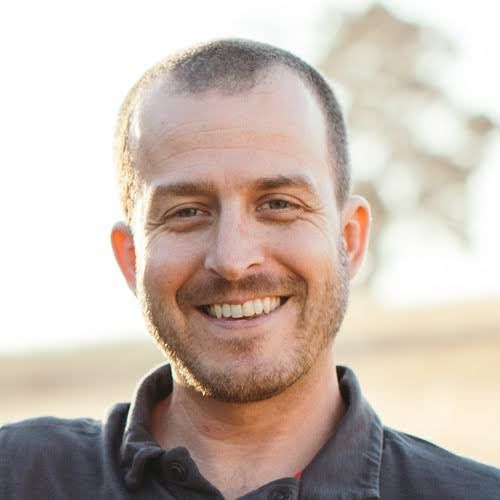
Brian Lamb is the CEO and Co-Founder of Swivl, a reflective tools company. Connect with Brian on X (Twitter) @blambroll.
RECENT ARTICLES
